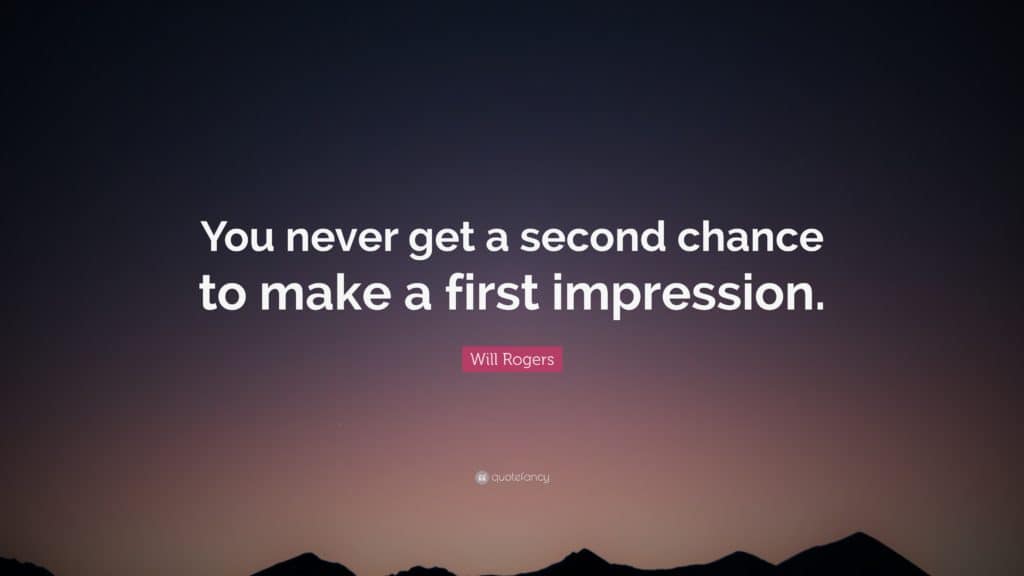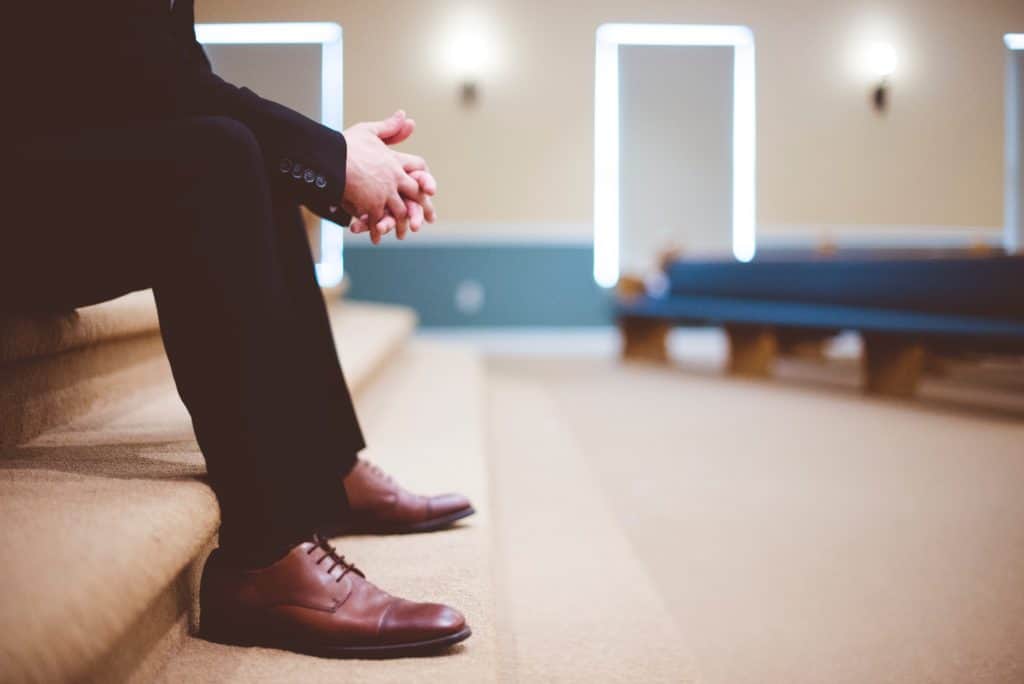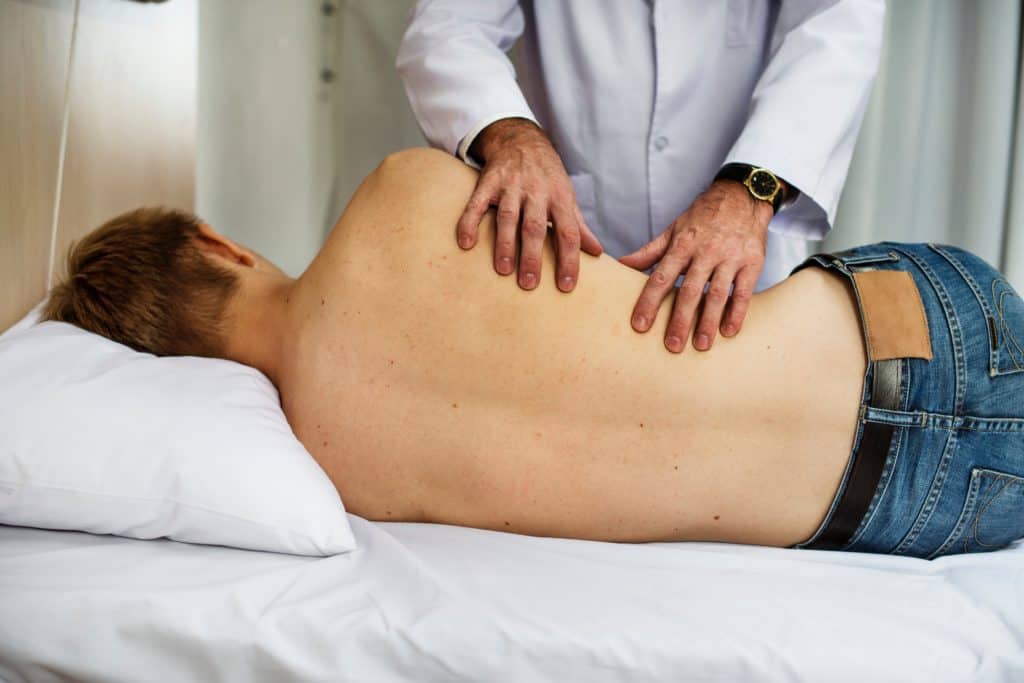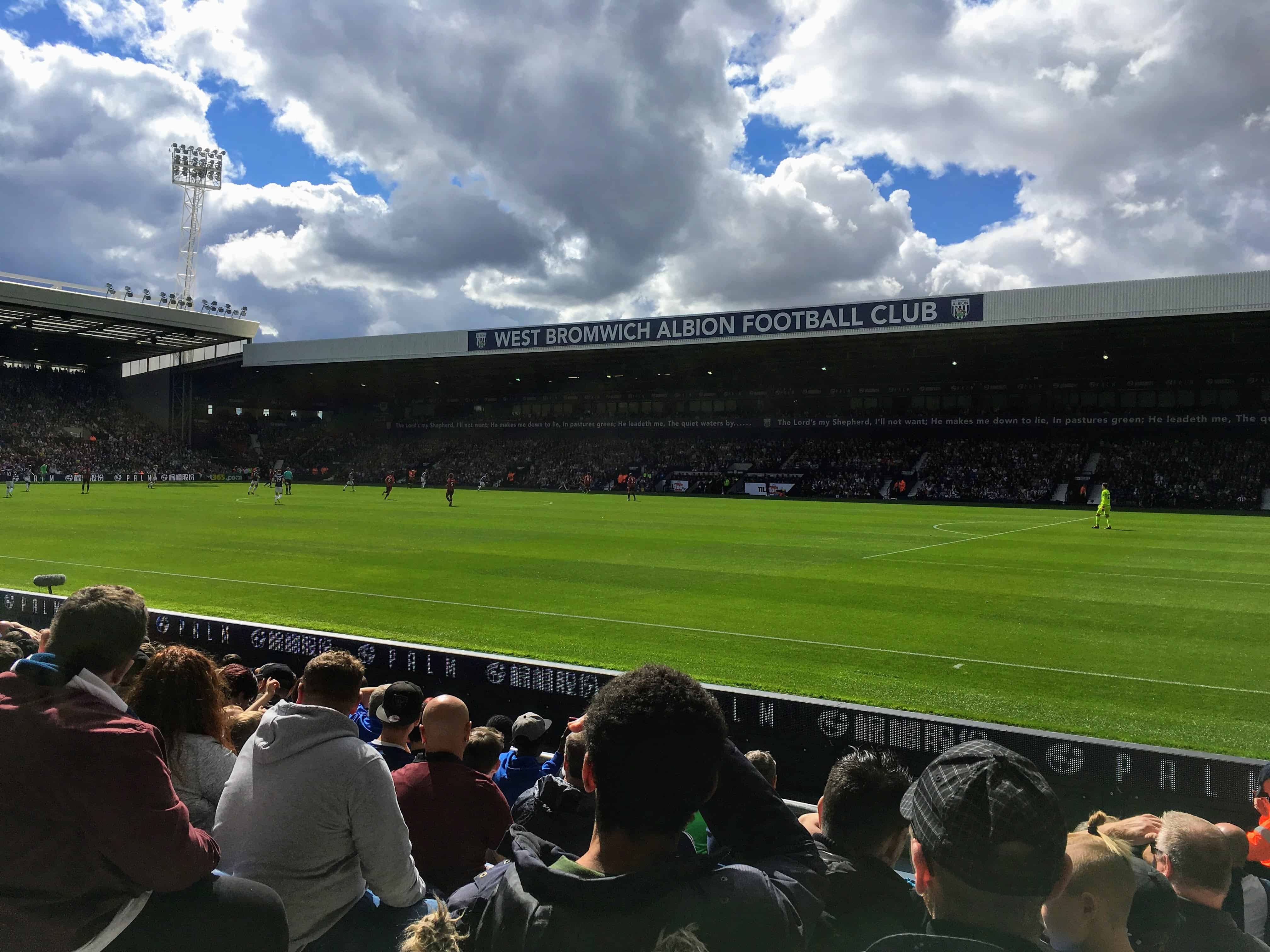In part 1 we covered how to stand out from the crowd and get noticed enough to actually get an interview. But now that we have got to this stage, how do we give ourselves the best chance of getting the job?
Interview Strategies for Sports Physios
"Interview strategies for sports physios" is the second instalment in this series on how to get a job in professional sports. If you haven't done already, be sure to check out part 1.
In this part, we will cover interview strategies, the typical structure of interviews at sports clubs and things that will help you boost your chances.
First Impressions

While a good first impression probably won't get you the job. It could potentially kill your chances if you make a poor one.
It is very difficult to come back from a bad first impression in an interview. People will form impressions of you very quickly and these can be hard to change.
Remember from the last article. Recruiters in professional sport are trying to make their support team stronger. With the belief that will improve the team's success. They need to know that people will like you and the team will function together.
The following can all help you make that important first impression.
Timing
Arrive early, even if it's really early. Being late is really not the first impression you want and it is hard to come back from.
If you're travelling a long way consider staying over the night before. Running late and arriving stressed and flustered is never a good start.
Attire
I would always ask the dress code ahead of an interview. While sport tends to be more relaxed, presenting yourself well is still important.
If in doubt wear a suit or equivalent. You will never lose marks for being overdressed but you will create a poor first impression if you are too casual.
The only exception to this would be if there is a practical element to the interview. Hence why it is important to ask ahead of time.
Manner
The first greeting when you enter the interview room is important. Be confident and respectful. Make eye contact, shake hands and smile.
Don't worry about appearing nervous, at least it shows you care. Just be warm and friendly.
Answers

Concise is the word here.
You need to be able to get to the key points of a question effectively and efficiently. Really listen to the question and think; what is the purpose of the question and how can I show myself well.
There is nothing worse than an answer that could have been given in 1 minute but takes 5 minutes.
The worst question for this is normally the initial "tell us about yourself".
Expect this question (or similar) and do not give a blow-by-blow account of your life to date. Instead, cover the highlights and use it to show your personality. This is a great opportunity to show your unique value. Have a bit of humour in there if appropriate. Just keep it clear and concise.
Interview Structure

The exact structure of an interview will vary depending on the role, the club and the people conducting the interview.
In my experience, however, there are several themes that are likely to run through the interview process.
Being aware of these can help with preparation and enable you to show yourself in the best light. Overall, interview strategies for sports physios
Typical Questions
Most interviews will have at least a few of the typical interview questions that everyone knows. Things like; tell us about your career to date? tell us about a time you had to resolve conflict? strengths and weaknesses?
These questions are easy opportunities to show your unique selling points and demonstrate some of the qualities that the interviewers are looking for.
Use examples that complement the role.
For example, when working in academy football, Physio's typically have a lot of interaction with players parents. Use examples to show the interviewer how good you will be at communicating with parents and resolving issues that arise.
Avoid cliches with these questions as well. A candidate stating that their only weakness is that they are a "perfectionist" will be sure to get a lot of eyes rolling!
Instead, be open and honest about your weaknesses.
Every single person in that room has weaknesses. If you're applying for a junior position, a massive positive is to be able to show self-awareness.
So if your knowledge around load management in athletes is behind where it could be. Say so and say how you plan to address the weakness.
Turn the weakness into a positive and use it as an opportunity to demonstrate your character.
Technical Questions
There will normally be a section for technical or clinical questions. The content will depend on two things; the level of position applied for, and the nature of the work it will entail.
This is where having a clear understanding of the role you are applying for is important.
If you do your research you can almost predict what topics are going to be discussed and have the information on the tip of your tongue.
For example, in academy football, topics that a junior physio is likely to be asked about include; managing ankle sprains, growth-related knee injuries, concussion and lumbar stress fractures.
You are unlikely to be asked about shoulder injuries or lumbar disc pathology.
For a junior position, you are not expected to be able to give a detailed description of a 4-month management plan for a Pars stress fracture. But you do need to be able to describe the signs and symptoms, the overall management, and how you would ask for senior help and assistance.
For these questions, do your preparation. Predict what is likely to come up. Then prepare so that you can give a clear and concise answer. Demonstrating your knowledge and ability to present information effectively.
Team and Role Specific Questions
It amazes me how poorly these questions are often answered.
You should 100% expect a question about the organisation or the specifics of the role to which you are applying.
Some examples are; what is it about the club that attracted you to the role? what do you understand are the demands of this role?
Not being about to show insight into the organisation or role tells the interviewer that you aren't really interested in the position.
No one will expect you to know the last time the club won the FA Cup or the capacity of the stadium. But showing you have researched the current climate at the club, recent successes or setbacks, or what the demands of the role are likely to be, shows that you are taking the process seriously.
Your questions
There will always be time at the end for you to ask questions.
This is really important. A
I would have at least one question prepared that shows that you want the job and gets the interviewer to picture you in the role.
For example; "if I were to be successful, where would I fit in the structure of the medical department and would there be opportunities for me to learn from other staff?"
If there are logistical questions you have about the role (like salary or benefits), personally I would save them for when you are made an offer. At that stage, you know that they want you and you are in a much stronger position to ask.
Practical

Personally, I haven't often used practical sessions in interviews. I find them false and would rather spend the time talking to the applicant and getting to know them.
However, if your interview includes a practical element, the advice is the same for the clinical questions.
There are a few key areas that in interviewers are likely to pick. So make an educated guess and sharpen up on those.
Being confident, thorough and safe are the keys to excelling in this section.
Demonstrate that you can structure your assessment in a logical way. That you think around the problem and that you consider worst-case scenarios.
After the assessment show that you can feedback in a clear and concise manner. Have a working diagnosis but discuss other options and any further investigations you believe are required.
Finally, be able to give a management plan overview covering key milestones and a rough estimate of time-frame.
Simple right?!
Summary
So there you have it - interview strategies for sports physios.
Its a cliche but do remember to be yourself in the interview. Teams are looking to bring in individuals who will make the team stronger and who will compliment their environment.
They, and you, need to know that you are the right person.
Show yourself in the best light and give yourself the opportunity to impress.
This is a long post so thank you for getting to the end of it.
If you found this article useful please share and look out for the next instalments. The next one will look at what to expect now that you have this lovely job in professional sport!
Make sure you don't miss any future articles - sign up for the newsletter.

0 Comments